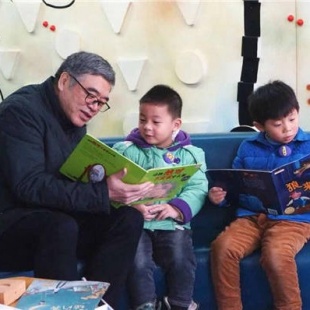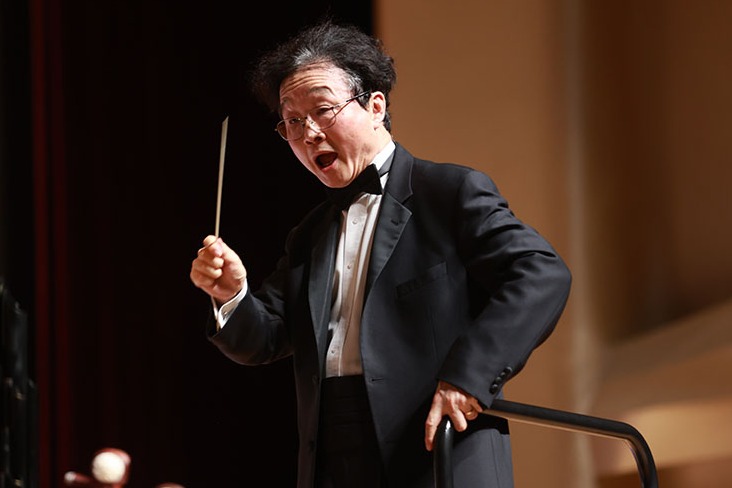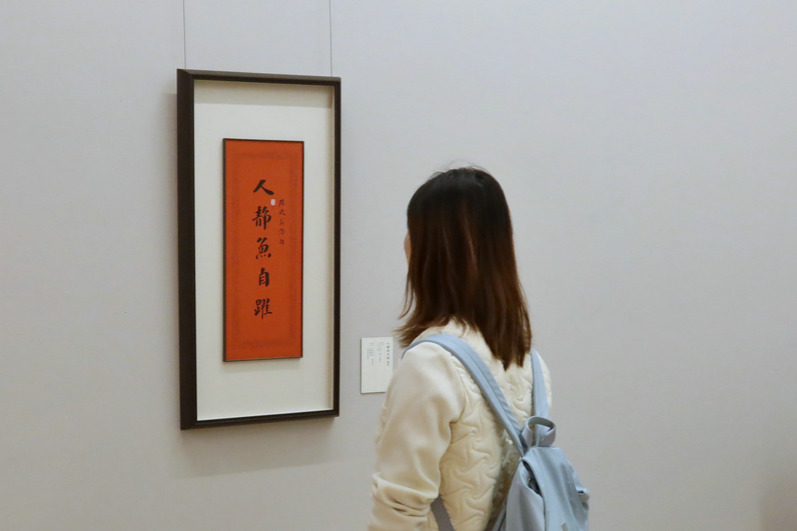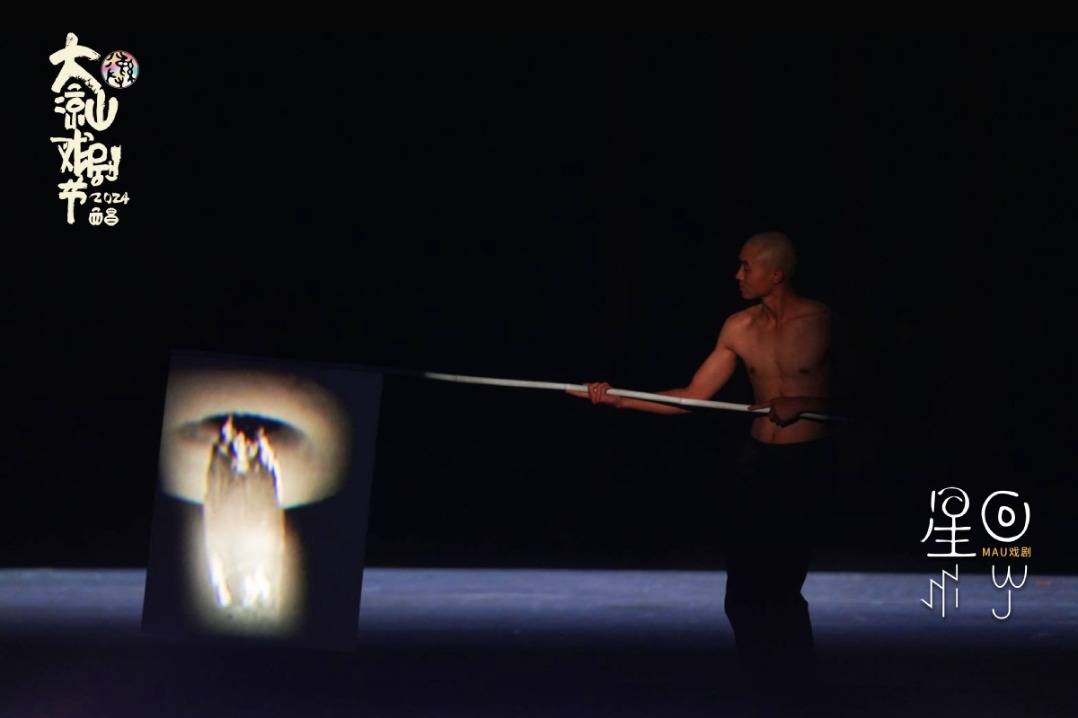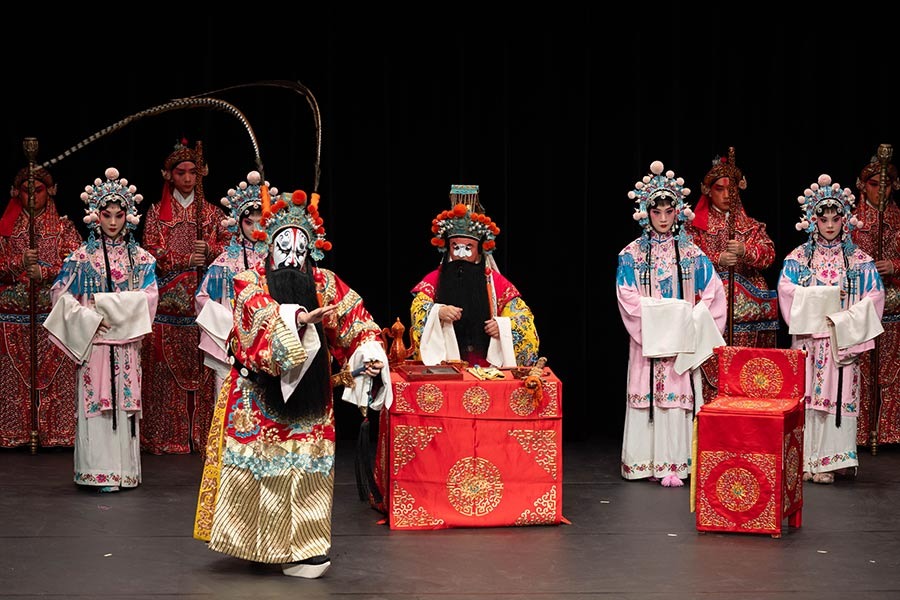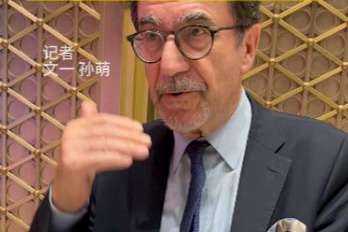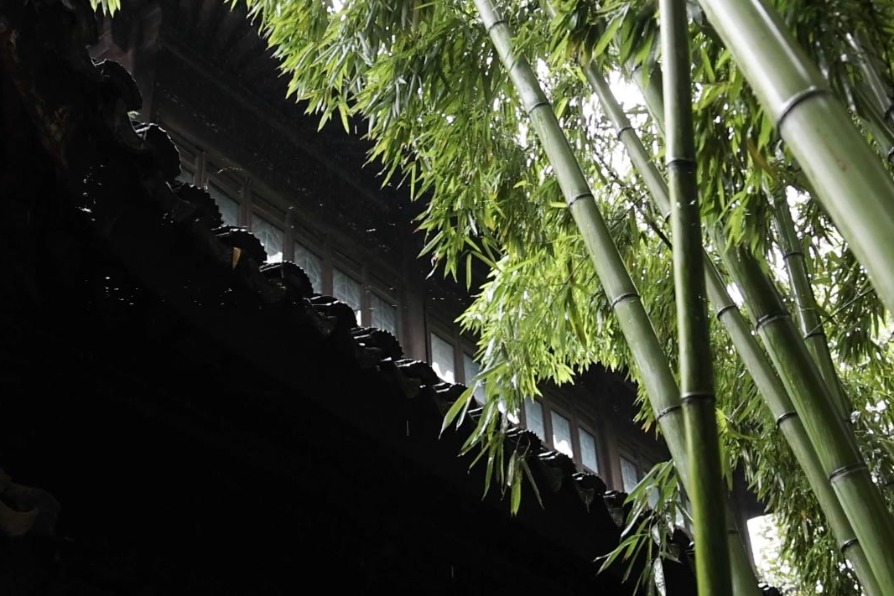Read all about it is good advice

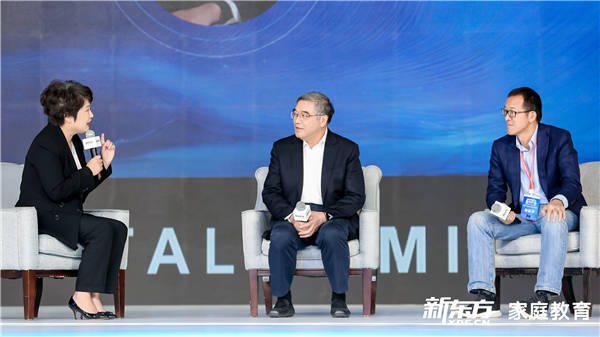
His To Teachers sold 400,000 copies in Chinese. And his Works by Zhu Yongxin on Education series is published by McGraw Hill in 16 English-language volumes.
Zhu's core ideal in the New Education Initiative is about living a happy and complete educational life. It's a student-centered ideology, instead of a knowledge-centered mechanism.
"We started with the teachers, and '10 actions' make our pathways," Zhu says.
The essential elements in the 10 actions are reading and writing, as routine.
Zhu has been carrying out the idea himself with unusual persistence, and effect.
In 2002, he initiated the idea of writing at least 1,000 words every day, constantly for 10 years. Wu Yinghua, a Chinese language teacher then with Yufeng Experimental School in Kunshan, Jiangsu province, was inspired by the idea and began the trial. She kept on writing, and encouraged her students to write daily as well. One of her students, Song Xiaodi, who used to be a "naughty" boy, later won first place in the entrance exam to high schools in the city.
Zhu tells China Daily his idea has inspired many teachers over the past 18 years to bring positive influences to their students.
Guo Liping, a teacher at the Primary School Attached to Capital Normal University in Beijing, says she feels it's too hard to write 1,000 words a day, so she adjusted it to 500. She is now leading the Sunflower Class of the school.
In Suzhou, principal of the Xukou Experimental Elementary School Liu Yongzhong posted all of his daily writings on a forum, labeling himself as "first generation of beneficiaries". Both Guo and Liu have published books based on their accumulated daily writings.
Born in a small town in northern Jiangsu province in 1958, Zhu enrolled in Jiangsu Normal College (now Suzhou University) in 1978 and stayed there as a professor before becoming the deputy mayor of Suzhou city in 1997.
All of his personal reading and jobs have been bound to education since very early in his career.
In 1999, he encountered a "life-changing" book, The World According to Peter Drucker.
"Just two sentences, by Joseph Schumpeter, when Drucker mentioned in the book about his dying wish," Zhu recalls. "Schumpeter says books and theories are not enough, unless we can change things.
"It was like an A-bomb to me. Then I realized I was too much into research, I should begin taking action," he adds.
Zhu and his team initiated the New Educational Initiative in 2002.From teacher Wu's school in Kunshan, the nongovernmental trial currently involves 5,215 schools and 5.6 million teachers and students in the country, among them 40 percent are in rural areas.
The initiative also includes training schools for teachers, and 11 city-level and 152 town-level experimental zones. Zhu visits up to 100 schools every year.
Macfarlane, a Life Fellow of King's College in Cambridge, Fellow of the British Academy and the European Academy of Sciences, says he is particularly impressed by Zhu's description of the many new experiments that are taking place across China.
"At the primary and junior high school level, schools are trying a new, freer and more creative approach … Much more emphasis on art and music, hobbies and self-regulation. And two universities in Suzhou and Beijing are being planned on a new model. Colleges, self-governed by the students who are required to write letters monthly to their parents, keep diaries and have hobbies. All looking very hopeful," Macfarlane records in his diary.
Macfarlane adds: "The evolution of new educational systems is likely to be faster in China, through the selection of the best working experiments, than anywhere else in the world ... Furthermore, China's social and cultural structures have changed faster than any civilization that I know of, and they continue to change immensely fast."
In 18 years, many experimental textbooks of the initiative have been published on various themes. Textbooks on life education are in use in hundreds of schools.
"Life education combines graded education on safety, health, psychology, career and beliefs," Zhu says. "It's complementary to current school education."
Never lacking controversies and criticism, Zhu persists with his team and is thinking broader in terms of education in the future.
To him, maybe just in the coming decades, schools will vanish and learning centers, an online and offline compound, customized for the students as individual learners, will be reality. Then, teachers will be learning partners.
"Students will be encouraged to explore by themselves, with full support," he says.
Wang believes Zhu's initiative offer inspiration for 518,900 primary and secondary schools at all levels in China, and "its concepts and methods have influenced many education systems in other parts of the world".


